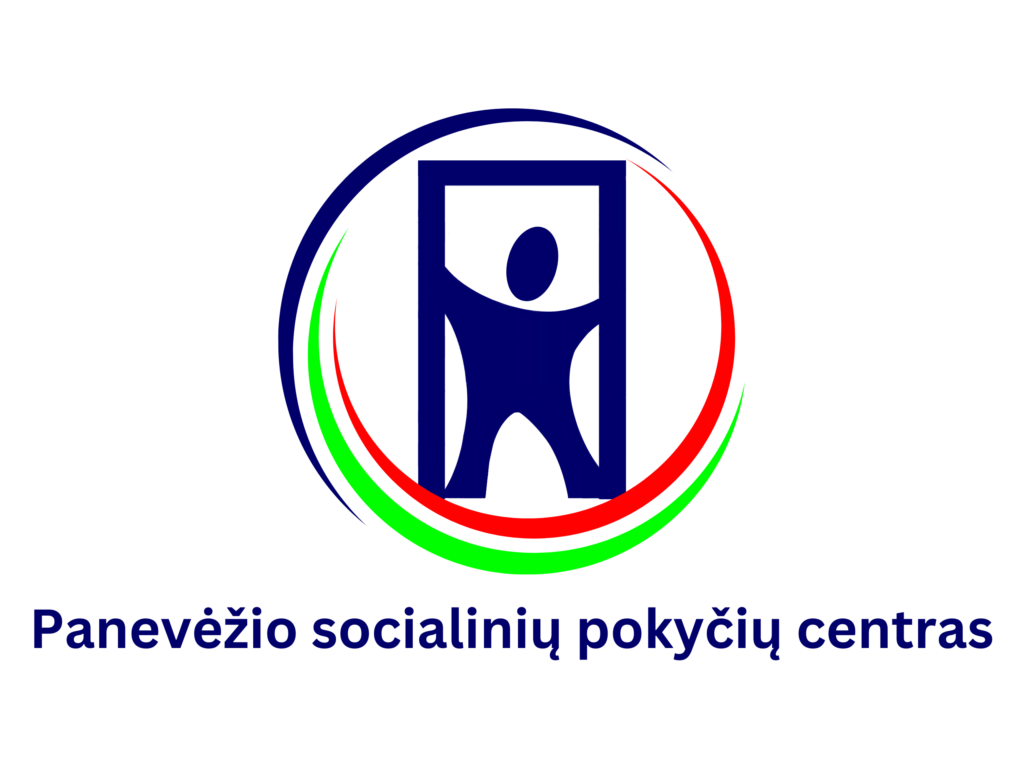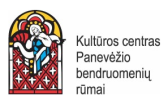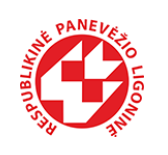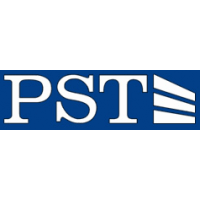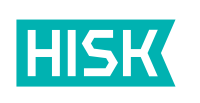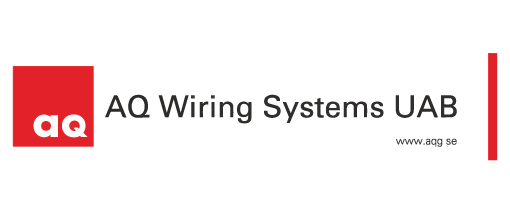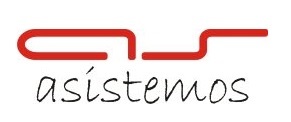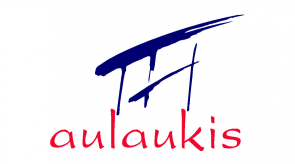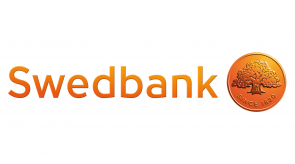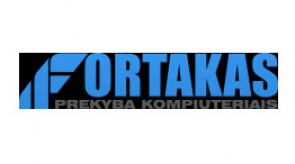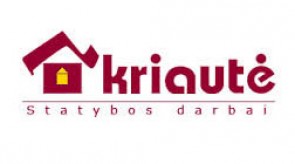Odontological Care
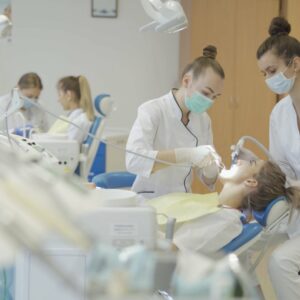 Study mode and duration: full-time (3 years).
Study mode and duration: full-time (3 years).
Study programme is carried out: Panevėžio kolegija/State Higher Education Institution, Faculty of Biomedical Sciences
Degree and professional qualification: professional bachelor of health sciences; professional qualification of an assistant of an odontologist.
Volume of study programme in credits: 180 ECTS credits.
Why choose this programme: study programme is to prepare specialists of an assistant of an odontologist. Graduates who have acquired dental assistant qualification, will be able to work in all dental clinics and offices licensed to provide dental care and oral care services and which, in accordance with the requirements of legal acts, must be provided by dental assistants together with dentists or dental specialists.
Please check Rules for Admission for foreigners
| General modules (subjects) of college studies |
|---|
| Module1. Bioethics (Professional ethics; Basics of health law and management; Basics of scientific style) |
| Modules (subjects) of study field |
| Module 2. Human Anatomy (Anatomy, histology and physiology; Anatomy of the face and mouth) |
| Module 3. Preclinical subjects* (Dental equipment and supplies; Microbiology and prevention of communicable diseases) |
| First medical aid |
| Module 4. Health Education* (Communication and health psychology; Health education) |
| Module 5. Epidemiology and prevention of oral diseases |
| Pediatric dentistry |
| Basics of assistance and ergonomics |
| Practices |
| Infection control in dentistry (Module 3) |
| Oral care training (Module 4) |
| Modules (subjects) of study field |
|---|
| Module 6. General clinical subjects (Internal diseases and oral pathology; Pharmacology; Basics of biochemistry and immunology) |
| Module 7. Nursing* (Nursing) |
| Professional foreign language |
| Module 8. Organizational Management* (Administration and management of a dental office; Health informatics and statistics) |
| Module 9. Clinical Dentistry* (Therapeutic dentistry and endodontics; Basics of oral surgery and periodontology) |
| Dental radiology |
| Specializations / Alternative modules (subjects) |
| A1 Diseases of the oral mucosa and teeth / Acute dental and oral conditions |
| A2 Teamwork in Dentistry / Leadership |
| Electives subjects set by the College |
| PD1 – optional modules (subjects) foreseen by the order of the Director. |
| Practices |
| Oral care for hospitalized patients (Module 7) |
| Dental workplace organization (Module 8) |
| Modules (subjects) of study field |
|---|
| Oral care for patients with special needs |
| Module 10. Orthopedic dentistry and orthodontics* (Orthopedic dentistry, Orthodontics) |
| Methodology of applied scientific research |
| Specializations / Alternative modules (subjects) |
| A3 Assistance during oral surgery / Rehabilitation and physiotherapy in dentistry |
| Electives subjects set by the College |
| PD2 – optional modules (subjects) foreseen by the order of the Director. |
| Practices |
| Assisting in dentistry (Module 10) |
| Activities of an assistant dentist** |
| Final examination**, Final thesis** |
* Practice is integrated into the content of the module
** Final module
A1, A2, A3 – alternatively chosen modules (subjects) foreseen by the study field programme committee.
This study plan applies from 2022.
At PANKO, studies are built around practice, innovation, and real career opportunities.
- Practice-oriented studies – close cooperation with employers and the use of modern technologies prepare you for today’s job market.
- Small study groups – personal attention and individual support for every student.
- Hands-on learning – modern laboratories, advanced equipment, and real business projects.
- Lecturers with real-world experience – industry professionals from different cities who share up-to-date, practical knowledge.
- Extensive network of business partners – nearly 300 cooperation agreements ensure high-quality internships and open doors to future employment.
- International opportunities – study or complete internships abroad with the Erasmus+ programme for up to 12 months during your studies.
- Comfortable student life – a college dormitory located just a 10-minute walk from the city center.
- A strong and supportive community – lecturers, students, and partners working together to create success.
At PANKO, you don’t just gain knowledge – you turn it into real experience, international exposure, and strong career prospects.
Join the PANKO community — because HERE is the start of YOUR career!
Attention to practice: practical skills are being improved by students during practice in a real environment in pre-school educational institutions, personal health care institutions, dental offices and polyclinics. Partners: Panevezys Town Dental Polyclinic, Panevezys Polyclinic, Panevezys Region Municipality Polyclinic, Panevezys Odontologists, in dental offices of Panevezys town family clinics, private dental offices (“Dentavita”, “Odenta”, “Dentinus”, “Gelmidenta”, “Dentica”, “R.V.L.”, “Dentinas”, “Dentas”, “RA Dental”, “Denticus” and etc.)
Opportunities for international studies: students of the programme have the opportunity to study according to the ERASMUS student exchange program.
Career opportunities: graduates may pursue study results if they wish to study at university according to the study programmes of the first cycle. After the bridging courses or having accomplished the requirements of other higher educational institution, students have access to continue studies in the second study cycle with the view to attain master’s degree.
The aim of the programme Odontological Care – to train a dental assistant who is able to administer the workplace and assist dentists, dental specialists or dental hygienists, to perform intraoral procedures and prevention of oral diseases within the limits of their competence.
Learning outcomes:
- Students will be familiar with national and international health care policies, legislation and other documents governing the activities of a dental assistant and will provide professional information within their area of competence in accordance with ethical principles.
- They will be able to collect, store, analyze statistics, prepare and submit reports and proposals related to applied research.
- They will be able to communicate and collaborate with healthcare and other professionals, patients and family members on oral health issues.
- They will be able to communicate in Lithuanian and foreign languages, adapt to new situations and strengthen the image of the profession, take care of its value and significance in society and ensure the quality of evidence-based oral care practice.
- They will be able to critically evaluate their professional practice, solve problems independently, make decisions, understand the importance of lifelong learning.
- They will be able to use modern technologies and information systems in the practice of a dental assistant, handle confidential information properly and adhere to ethical principles.
- They will be able to work with dental equipment, instruments and materials and ensure infection control during activities.
- They will be able to identify oral and dental diseases using different diagnostic methods and complete professional documentation within the limits their competence.
- They will be able to assist dentists, dental specialist or dental hygienists with a variety of dental treatment and oral care procedures.
- They will be able to identify cases of life-threatening conditions, respond appropriately to them and provide the necessary medical assistance.
- They will be able to participate in health promotion activities and plan, coordinate and control the organizational processes of dental care using modern information technology.

